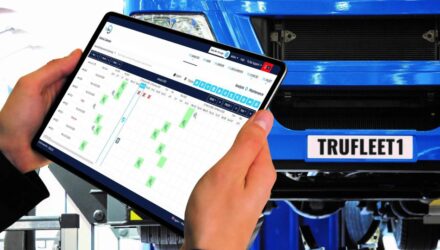
TRAINING: FTA send message to Brussels
Driver training requirements are best identified by the industry, not politicians, the Freight Transport Association (FTA) have insisted.
Responding to a consultation from the European Commission on the future of Driver CPC, the FTA urged Brussels to improve training by listening to the industry.
They claimed that many operators are delivering effective, professional training, and adding additional constraints could hinder responsible, professional vehicle operators.
James Firth, Head of Road Freight and Enforcement Policy at the FTA, said: “FTA is mindful that driver training must be right for the individual driver and their requirements.
“We realise that this may not be an easy problem to solve, but do not believe that the answer should be ‘one-size-fits-all’, as it usually becomes ‘one-size-fits nobody very well’.
“If the specific training content is defined by politicians – either in Brussels or Westminster – we run the risk of every driver investing time and money on redundant training.
“For instance, a driver in the retail sector should not be forcibly required to be trained in loading and securing aggregates.
“There is certainly a challenge still in engaging drivers fully with DCPC, but insisting upon irrelevant training is a sure-fire way to alienate them further.”
Mr Firth added that the FTA considered the EC consultation document to be wide-ranging.
“It is understood that the Commission has no agenda in this exercise, it is more of a fact finding mission,” he added.
“There is, however a clear theme running through the document – harmonisation.
“Whether it is in training quality, accreditation process or specific training content, the Commission is testing the water for taking more direct control over how we train our drivers.”
FTA previously responded to the Driving Standards Agency’s consultation on the Driver Training Directive at the beginning of October 2013.
They submitted a list of items under domestic control, which included improved availability of course content for employers and potential employers; closer tie-ins with driver licensing; and improvements in targeting of audits.
Image courtesy of Liquid Oh, with thanks.

















